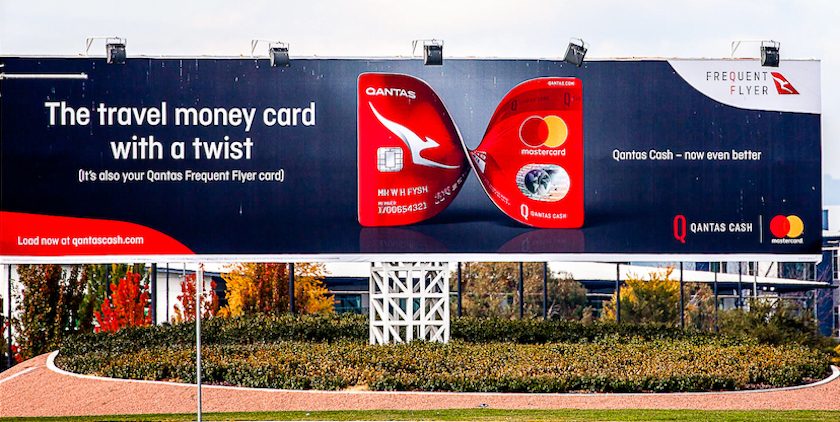Other public policy
Poker machines and New South Wales politics
Today, March 25, New South Wales is holding a state election. The two main parties differ on gambling reform in a way that cuts across traditional Coalition/Labor lines and that has resulted in tension within political parties. The Coalition government promises to introduce a cashless gambling card if re-elected, while Labor is going to the election with a much weaker proposal. If elected Labor would introduce the cashless gaming card only in a limited number of clubs for a trial period. For once the Coalition, or more precisely the Liberal Party, is standing up against a powerful lobby, in a way that would be of clear benefit to the most disadvantaged in the state, in a way that Labor is not.
The issue is substantial, because poker machine gambling involves so much money. Each year the 8.3 million people of New South Wales lose $8.5 billion gambled in poker machines in clubs and pubs.[1] In round terms that’s $1000 a head, or $2700 a household. Those average figures vastly understate the losses faced in the state’s poorest regions, where poker machines are concentrated – Sydney’s western suburbs and poorer rural regions.
On Tuesday night the ABC’s Four Corners was about poker machine gambling in New South Wales. As Andrew Wilkie explains, it’s not just a state issue: it’s a national issue. That’s because the poker machine lobby – which euphemistically calls itself Clubs NSW – is strongest in that state. If New South Wales can deal with this curse, other states should be able to take action.
We learn from the program that in successive elections Clubs NSW has done deals, formally ratified in memoranda of understanding, to gain favourable treatment from the Coalition, standing to win government or standing for re-election. Premiers O’Farrell, Baird and Berejiklian are all named, but not the incumbent Premier Perrottet. Because of his strong stand on cashless gaming cards there will be no MOU in this election.
This is a significant show of toughness by the Liberal Party, contrasting with its earlier practice of yielding to Clubs NSW. The program describes how in 2020 when Victor Dominello proposed reform of poker machine regulation, Clubs NSW used its influence with the Coalition to force him out of his ministerial position, to be replaced by a more compliant National Party minister. The National Party still seems to be less than enthusiastic about Perrottet’s tough stance.
At one point in the program Dominello compares the poker machine lobby with America’s National Rifle Association. In fact the program presents evidence that Clubs NSW has picked up its lobbying tactics from the NRA.
It is easy for the lobby to talk about how reform of regulation will threaten the 53 000 people employed in clubs and pubs, and how it would cut off the funds flowing from poker machines to community facilities.
These arguments can have resonance at a local level, but they are spurious. If there were no gaming machines that $8.5 million would be spent in other ways, providing jobs, and people would still be eating and drinking. There would still be clubs, but financed in a way that does not cause unnecessary hardship and despair.
You can catch the Four Corners program High Stakes on video, which includes the story of whistle-blower Troy Stolz, or read its main findings in a post on the ABC website by the Four Corners team: Minister Victor Dominello was targeted by ClubsNSW over poker machine reform. Now he's speaking out.
1. This is four times the quarterly loss of $2.18 billion, reported by Wesley Mission, who calculate losses from figures provided by the state Liquor and Gaming Authority. ↩
Public space – a small victory
News comes that traffic authorities in Western Australia have directed that a massive electronic billboard towering over a freeway interchange in Perth be turned off. The reasons have to do with road safety.
There are other reasons to do away with outdoor advertising, because billboards are used by advertisers to appropriate for commercial ends what is otherwise public space. Quite apart from their gaudy messages in saturated colours, they carry the message that the market is ubiquitous. Nothing belongs to the citizens, everything belongs to corporations.
Road users loathe them – navigating one’s way through heavy traffic is stressful enough without the added stress of unnecessary visual stimulation.

Canberra airport’s aesthetic contribution to the national capital
Canberra has a reputation for an absence of billboards, but the advertising industry is always trying to get around the prohibition. In an insult to the people of Canberra the owners of the privatized Canberra airport erected a massive electronic billboard on the airport’s edge, overlooking a busy road. This was permitted under a deal negotiated with the Coalition government, because the airport is on Commonwealth land and is not subject to ACT legislation.
Will Labor withdraw this licence to pollute the capital?